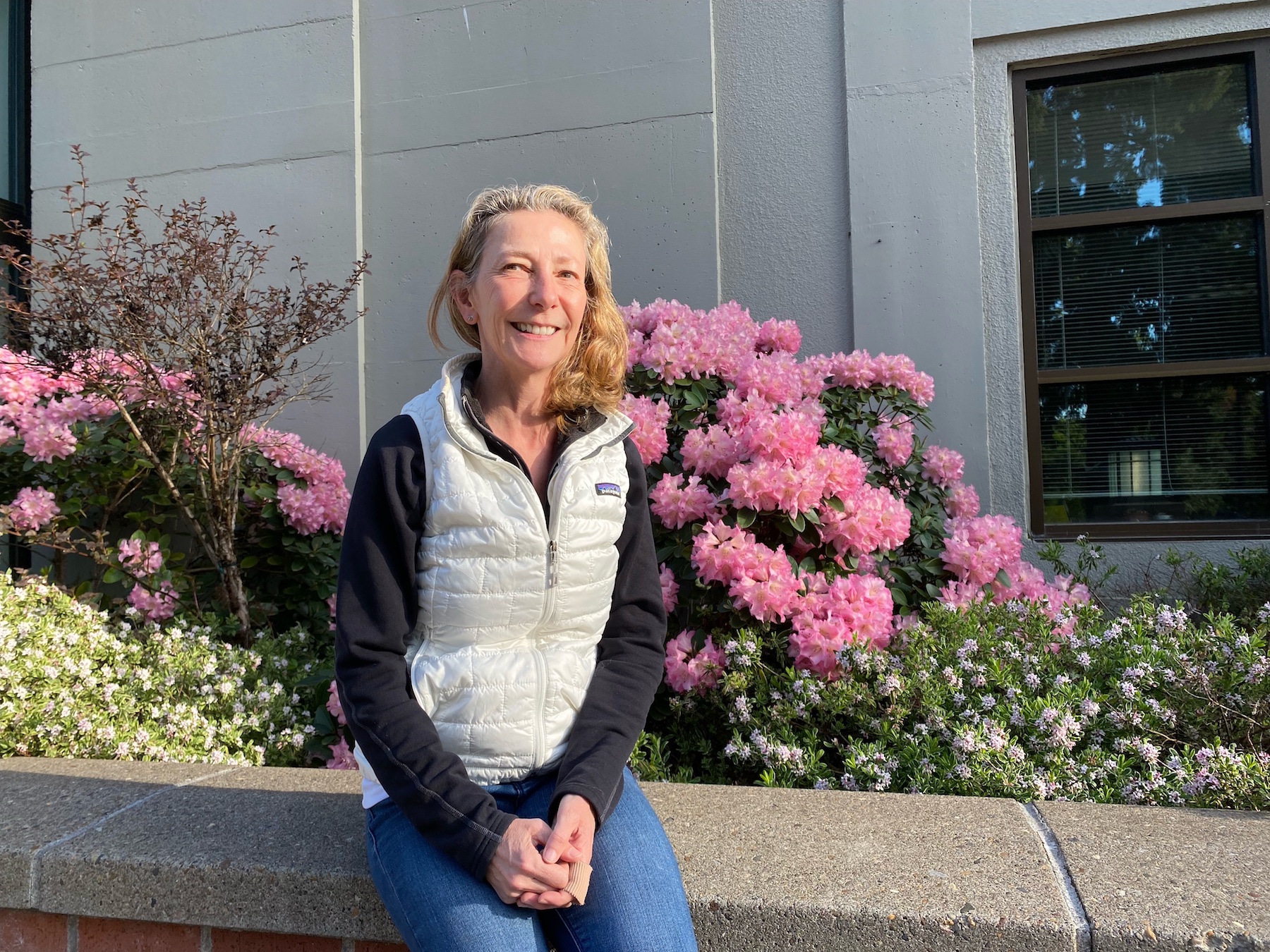Dr. Catherine Johnson elected as a member of the American Academy of Arts & Sciences
May 3, 2022

May 3, 2022

Dr. Catherine Johnson, Planetary Scientist and Professor of Geophysics at EOAS, has been elected as a member of the American Academy of Arts and Sciences. With this election, Dr. Johnson joins the company of notable members, including Benjamin Franklin, Alexander Hamilton, George Washington, Margaret Mead, John F. Kennedy, Martin Luther King, Jr., Martha Graham, Georgia O’Keeffe, and Madeleine Albright.
Founded in 1780, the Academy honors excellence and convenes leaders from every field of human endeavor to examine new ideas, address issues of importance to the nation and the world, and work together, “to cultivate every art and science which may tend to advance the interest, honor, dignity, and happiness of a free, independent, and virtuous people.” The Academy’s work is wide-ranging and multidisciplinary, and its areas of focus include Arts & Humanities, Democracy & Justice, Education, Energy & Environment, Global Affairs, and Science & Technology. This year, 261 new members were elected to the Academy, representing today’s innovative thinkers in every field and profession.
Dr. Johnson was elected in Class I - Mathematical and Physical Sciences (Astronomy, Astrophysics and Earth Sciences). She researches geophysical investigations of terrestrial planets, moons and small bodies in our solar system, and has worked on several NASA planetary missions, including the Mars InSight mission and the Mercury MESSENGER mission. By using sample, observatory and satellite data, Dr. Johnson and her group probe the interior structure and history of these bodies to understand how internal and external processes interact to shape a planet or moon’s evolution. “Data are like puzzle pieces: If we collect them, look after them and query them carefully from many viewpoints, we can find and tell the stories of planets and moons.”
Check out Dr. Johnson’s website and this EOAS article to learn more about her group, research, teaching, and outreach.
We honour xwməθkwəy̓ əm (Musqueam) on whose ancestral, unceded territory UBC Vancouver is situated. UBC Science is committed to building meaningful relationships with Indigenous peoples so we can advance Reconciliation and ensure traditional ways of knowing enrich our teaching and research.
Learn more: Musqueam First Nation